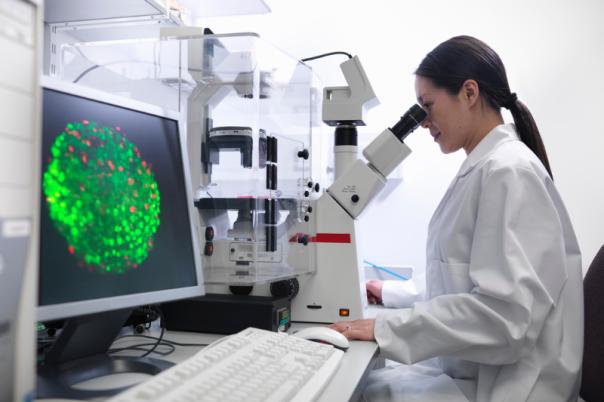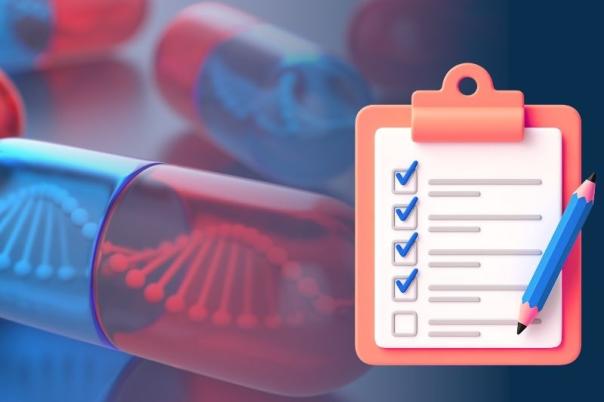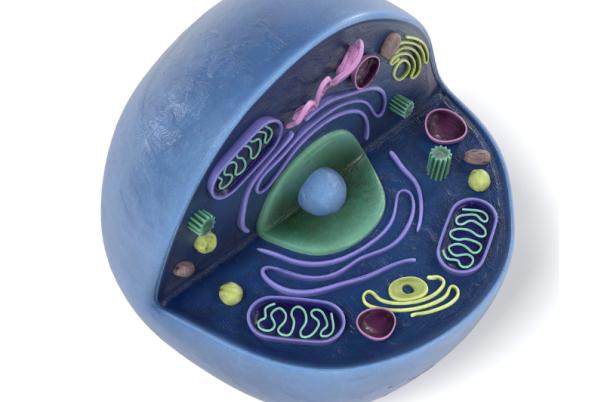Ben Doak is Head of Innovative Therapies at NHS England; he leads the team responsible for commissioning advanced therapy medicinal products (ATMPs) to the NHS in England. Doak’s presentation covers the process, strategic approach, and achievements of his team in getting innovative new medicines to patients that need them through the Health Service.
NHS England’s mission is to deliver high quality services for all, and it has a specialised commissioning function for highly specialised services which are not available at every local hospital. The Service recognises the crucial importance of this function and has therefore allocated a £22.9 billion budget to spend on this operation.
Doak explained that NHS England collaborates with both the Medicines Healthcare Products Regulatory Agency (MHRA) and National Institute for Health and Care Excellence (NICE) for the commissioning of new medicines. Both of these key stakeholders help the Service with recommendations through their technology appraisals and specialised technologies programmes.
In the interest of helping patients access these critical services as soon as possible, the team engages with companies about a year before they achieve marketing authorisation for a new product. This is so that they can understand the implementation requirements and maintain oversight of usage and challenges throughout the rollout of the new treatment.
Opportunities to engage include NICE's Office for Market Access and Scientific Advice (now rebranded as NICE Advice), as well as NHS England's commercial and clinical surgeries to explore product value propositions and understand the clinical landscape.
Critical to the implementation of ATMPs is scanning the horizon for potential medicinal breakthroughs and marketing authorisations. Doak explained how his team has a dedicated horizon scanning function to provide a detailed 3-year forward view of
potential marketing authorisations, allowing the team to engage with companies and understand product details.
The team also engages with clinical experts and patient charities to understand perspectives and ensure treatments are introduced effectively. Furthermore, they talk with providers to understand their capabilities, set operational standards, and ensure patient safety and quality experiences.
Since 2016, 12 ATMPs have been commissioned across 14 indications, with 20 hospitals delivering these treatments. Future plans include increasing the number of providers to meet the demand for upcoming therapies. Doak was pleased to report that the UK ranks highly for the availability of new medicines, with England having more treatments available compared to other European countries, demonstrating significant impact on patient care.






